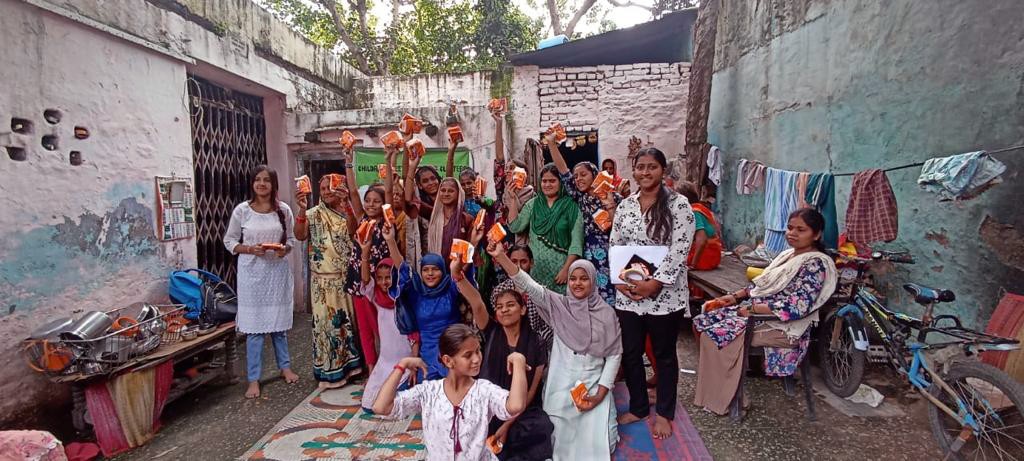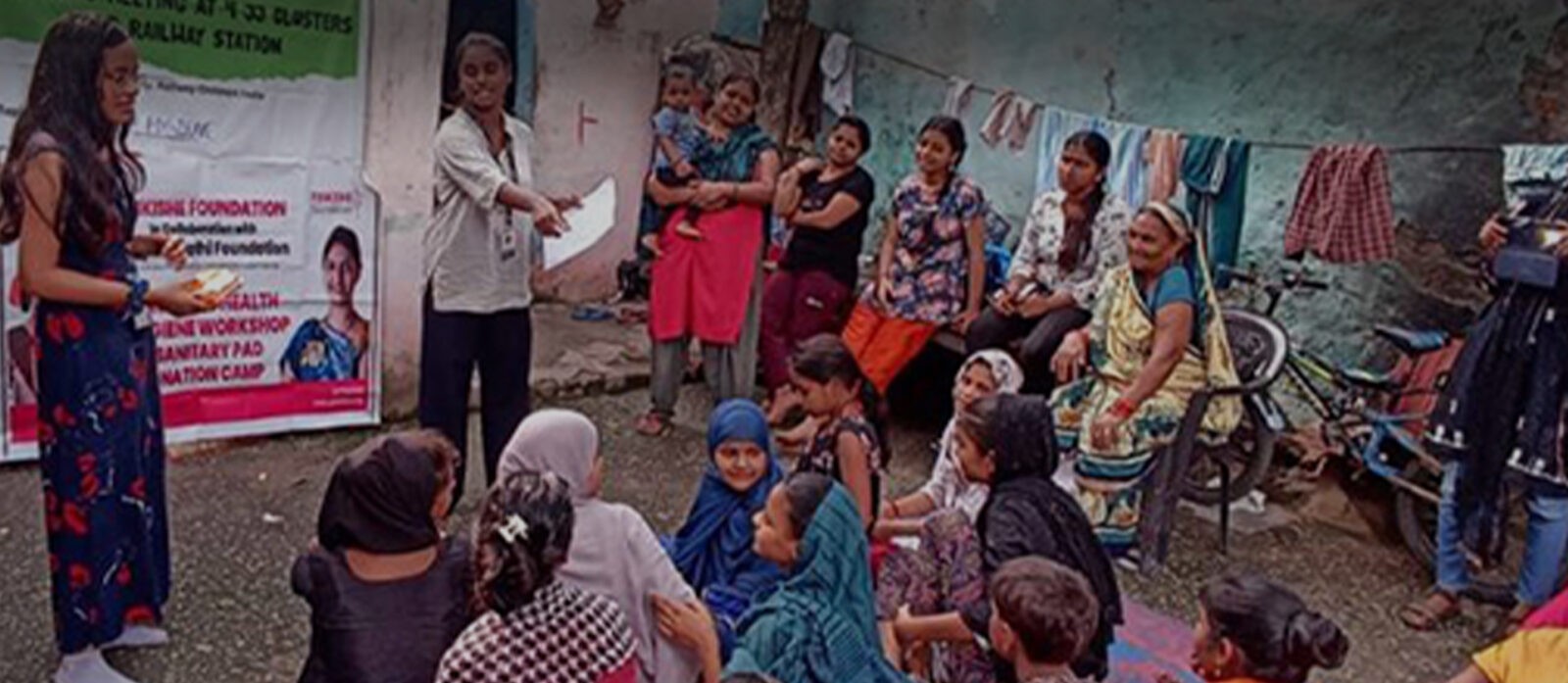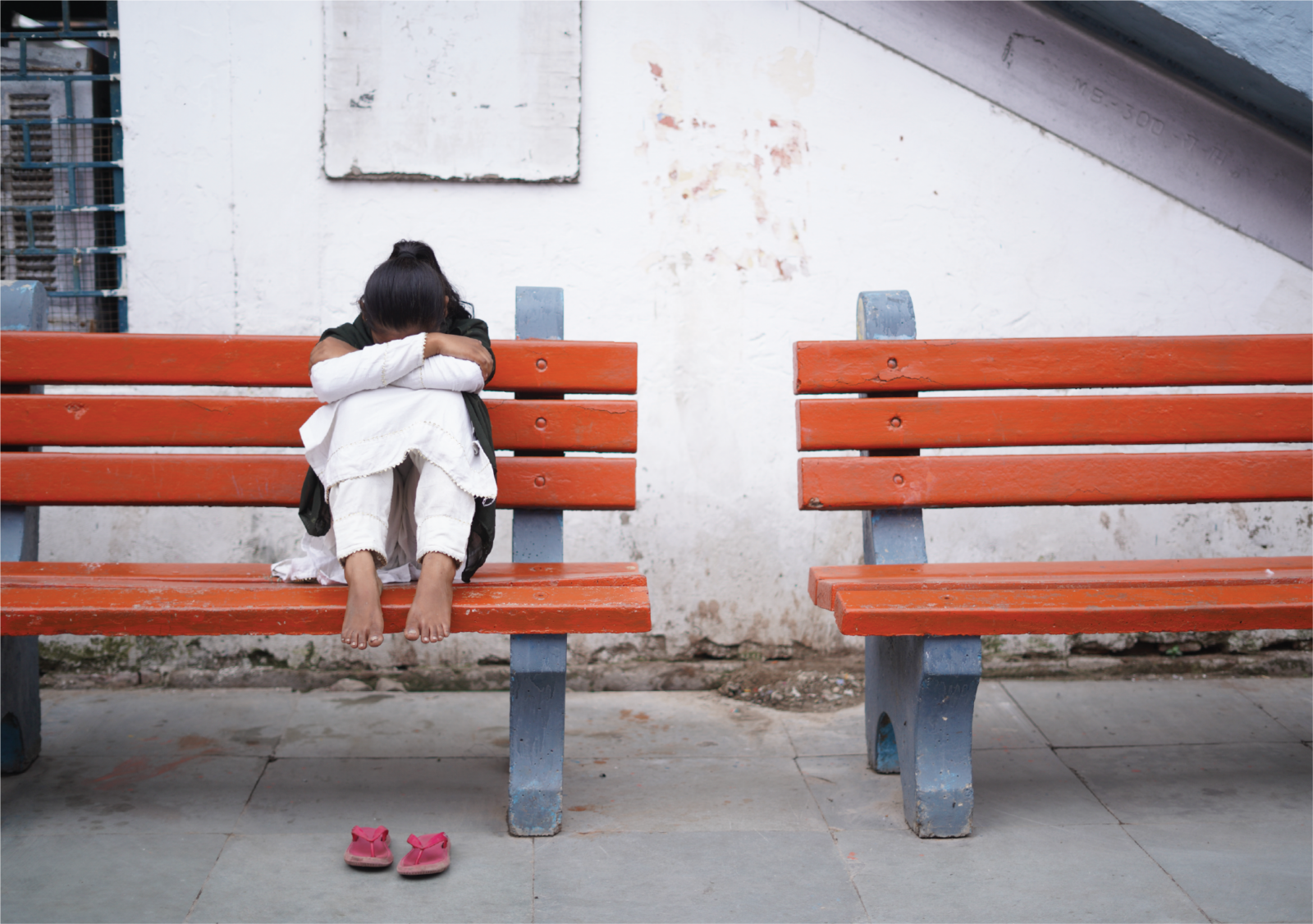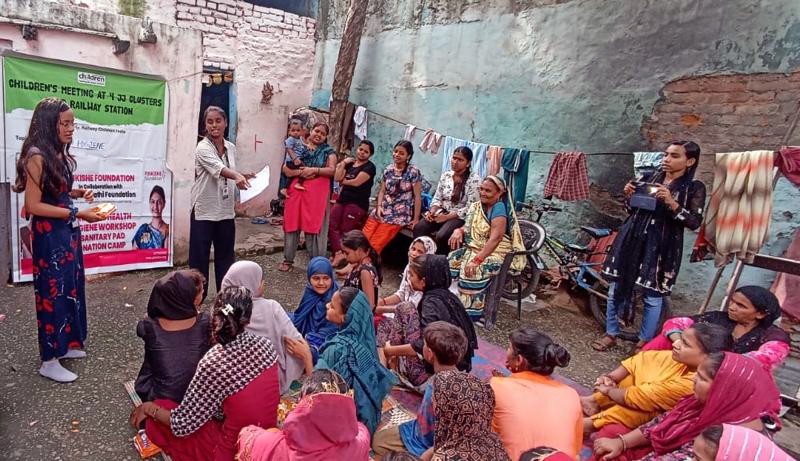
In some households, it is considered only right for families to withdraw their girls from schools with the onset of menstruation, owing to the many traditional beliefs around the girl reaching her reproductive age. In numerous other cases, however, a family is forced to withdraw their girl child from the realm of formal education owing to the lack of basic facilities such as a clean functioning toilet. Poorly constructed toilets, availability of water and sanitary napkins, poor knowledge on menstrual hygiene are amongst the many reasons girls drop out of school or withdraw socially with the coming of her menstrual cycle.
These factors are standing as tall barriers between girls and their right to education. However, promising to bring down this barrier is awareness on menstrual health. Among families and girls, too, this lack of awareness is the foremost concern that needs addressing.
Awareness must begin before the first period
Lack of awareness brings with a slew of concerns. Unaware of what is happening to their bodies, girls experience myriad emotions such as shame, disgust, fear and utter confusion. In the midst of this roller coaster of emotions, if they do not receive due support from their families, or are isolated due to orthodox norms, they are prone to go in a deep shell. This also means that they are more likely to agree and accept the stifling norms that their families impose on them and drop out of school altogether.
Awareness must transcend sex and age
It you studied in a co-ed school in India, in the late 90s and early 2000s, that uncomfortable memory may be vivid in your mind, when the boys were asked to skip the session on menstruation awareness. It took some time for “wokeness” to venture in schools and for boys to be included in this pertinent conversation. Boys need to be sensitized about menstruation and menstrual health management (MHM) not only to support the girls and women of their families but also to support their peers at school.
Many girls are the first in their family to even know of or hold a sanitary napkin. Although their mothers and grandmothers are aware of menstruation the use of sanitary napkin as an important tool in MHM. Hence, it is critical to drive the message to the older generation as well.
With the goal of spreading ample awareness about the use of sanitary napkins as instrumental tools in implementing MHM, UNICEF has helped established MHM labs, incinerators, pad banks, soap banks, and school-based WASH (Water, Sanitation, and Hygiene) programs.
Railway Children India and Awareness about Menstrual Health
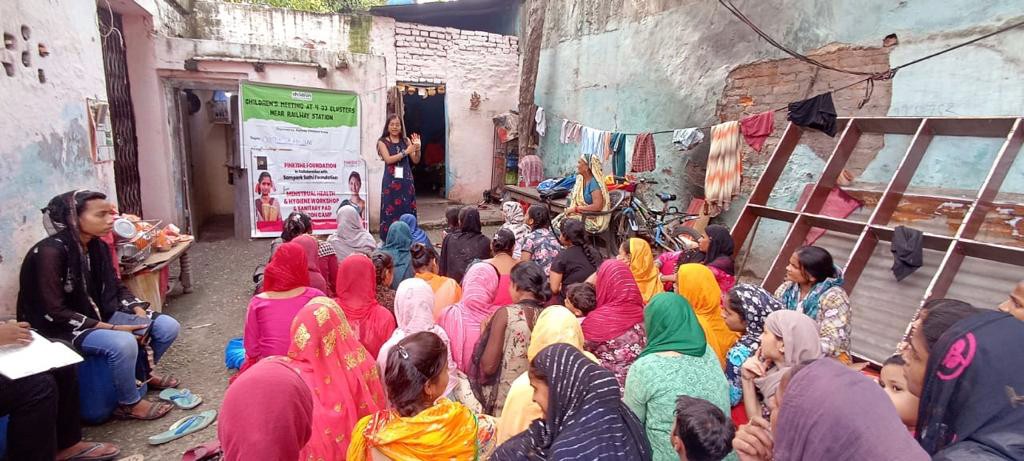
Menstrual hygiene is an important topic of discussion among the Railway Children India’s numerous children’s groups. Held across five communities in Ghaziabad and Delhi, these groups are comprise boys and girls of varied age groups coming together to address and mitigate issues specific to their group. Additionally, outreach members of team RCI routinely venture in numerous such communities to orient adolescent girls about the use of sanitary napkins and best hygiene practices, busting myths around menstruation, informing them about safe disposal of sanitary napkins and even conducting medical checks for indicators of anaemia.
In collaboration with Samparkshakti, the team not only oriented adolescent girls of the Kishanganj community but also distributed free sanitary napkins to 30 girls.
